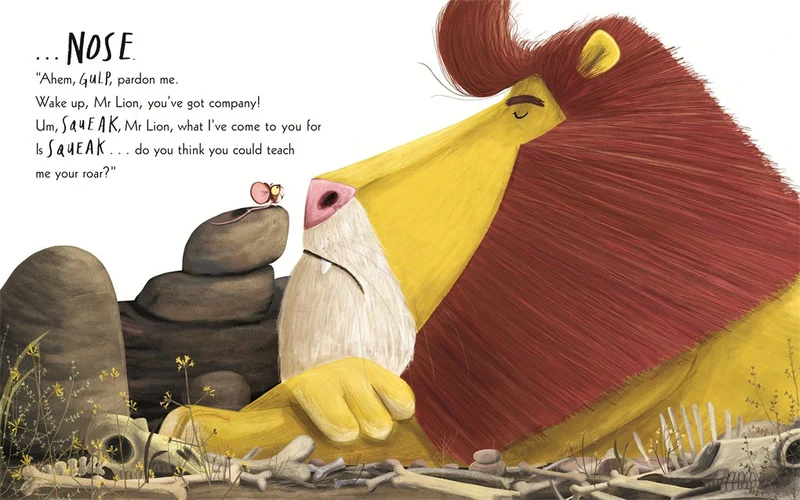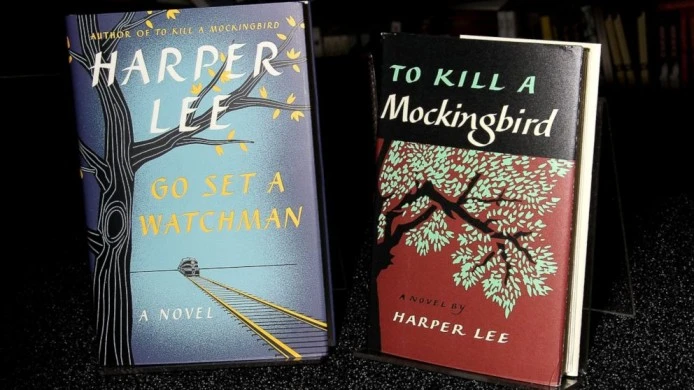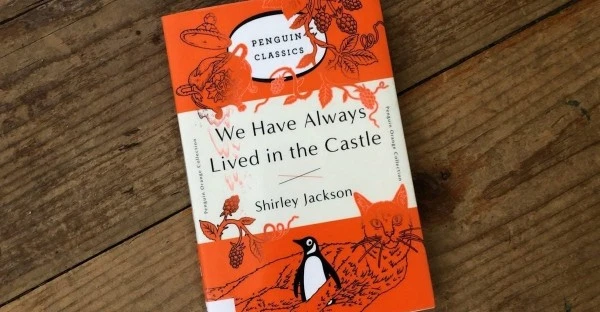A Box of Secrets Led to the Story of Her Fathers Painful Wartime Past

WHEN TIME STOPPED
A Memoir of My Father’s War and What Remains
By Ariana Neumann
Growing up as the child of a wealthy Czech-born industrialist in Caracas, Ariana Neumann wanted for nothing — except mystery. Her parents, luminaries of Venezuelan society, doted on her. She had the run of their house with its modern art collection and lush garden. But she dreamed of being a detective, and when she was 8 formed a spy club with cousins and friends devoted to investigating puzzling occurrences: an incongruously placed cheese rind, say, or a suspiciously misfiled LP. One day, their play led her to a box in her father’s study that contained an identity card. On it, a Hitler stamp, a photo of her father as a young man and a name and date of birth that didn’t match his.
In “When Time Stopped: A Memoir of My Father’s War and What Remains,” Neumann unravels the mystery of that identity card. The story she uncovers is worthy of fiction with hairpin plot twists, daredevil acts of love and unexpected moments of humor in dark times.
Given the slew of colorful characters and dramatic details, Neumann could have turned her painstaking research into a historical novel. Instead she has written a superb family memoir that unfolds its poignant power on multiple levels. Yes, her account of one Jewish-Czech family’s race to outwit the Nazis makes for thrilling reading. But just as important is her lucid investigation of the nature of memory, identity and remembrance.
The discovery of the identity card terrified Neumann as a girl. Her mother, 20 years younger than her father, had never seen it. And she knew better than to ask her father. She had already learned not to bring up the subject of his nightmares, which some nights left him screaming in Czech, or the single photograph he kept of his parents, which showed them seated at a table covered in documents, looking isolated and sad.
As a young adult, Neumann unlocked new clues but they only deepened the mystery. On a visit to Prague she saw her father’s name, Hans Neumann, on a list of Jewish victims of Nazism. In the spot where the other entries showed the date of death, his had a question mark. He accompanied her on another visit to the Czech Republic where he was taciturn and tense, except for one moment at a fence overlooking a railway, where he broke down in silent sobs.
At his death in 2001 he left his daughter the box she had spied as an 8-year-old. This time it was crammed with letters and documents. Following their trail led Neumann to discover the story of her paternal family along with an ever-widening network of living relatives, many with similar boxes of letters and photographs to contribute.
Otto and Ella Neumann were assimilated Jews who owned a paint factory near Prague and had two sons, Hans and Lotar. Hans, the younger, was a dreamer and often late. His knack for getting hurt earned him the nickname “the unfortunate boy.” With his gentile friend Zdenek he earned admittance to a club of pranksters by lying down in the midst of a busy road, casually telling concerned passers-by that they were “just a little tired.”
Neumann’s book pieces together the story of how this “unfortunate boy” came to escape deportation at the hands of the Nazis three times. With the help of Zdenek he survived the war hiding in plain sight under a false identity in Berlin, where he engaged in industrial espionage by day and rescued German civilians from Allied bombings as a firefighter by night. A photo shows Hans and Zdenek standing in front of a Berlin monument to Otto von Bismarck in 1943 wearing short trousers and broad smirks.
Thanks to Hans’s written recollections, we learn of the terrible tension and fear he lived through. More than once he popped a carefully guarded capsule of cyanide into his mouth, ready to bite down if a German guard should unmask him.
The book also reconstructs in unsparing detail the suffering of Otto and Ella in Terezin. Here and there it was relieved by the heroic efforts of Lotar, hiding in Prague, and his gentile wife, Zdenka. Devoted to her Jewish in-laws, she infiltrated the concentration camp to smuggle in news, food and shoe polish. Otto relied on the last item to darken his white hair to look more youthful and delay deportation to Auschwitz.
Time is the central theme of Neumann’s memoir. It governs Hans’s behavior as an adult and father, from his obsessive punctuality to his persistence, in violation of Venezuelan norms, of arriving to cocktail parties at the appointed hour. He told his family he liked to “stretch time” by rising early. He owned 297 pocket watches. His daughter would observe as he took them apart “with absolute precision and fathomless patience.”
As she puzzles out the story, Neumann discovers the moment when her father was gripped by the power of time. In the spring of 1943, having absconded from his third summons to deportation, Hans hid in a secret compartment inside the family factory. Alone, he cracked open his watch to make sure time had not stopped. He needed to check that the ticking was not in his head, “that it was not just his thumping heart; that there was order somewhere, and that time was real and going by.”
Likewise, Neumann’s book obeys its own exquisite clockwork. Different narrative parts act like interlocking cogs moving at different speeds. As she spins out the tale of Hans’s wartime ordeal, another story unspools in the background that traces her relationship with her father until she makes peace with his silences. The largest wheel in the mechanism of remembrance is genealogy itself: the comfort Neumann finds in the tiny signs of kinship between her father and her own children; the connections forged with newly discovered relatives whom she is sometimes able to pick out in a crowd at first meeting.
At the end of the book the hands all align. “I realize that without having meant to search for them in particular, I finally have found my family,” Neumann writes. Working through her father’s wartime trauma helped her find her place in a legacy that was “not so much forgotten as veiled in silence.”




